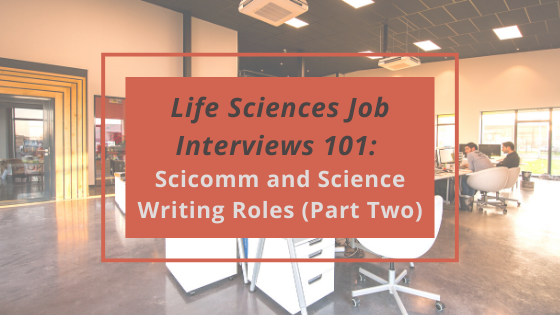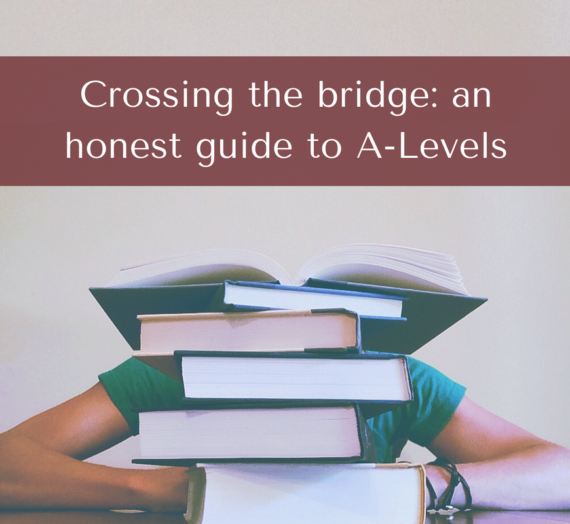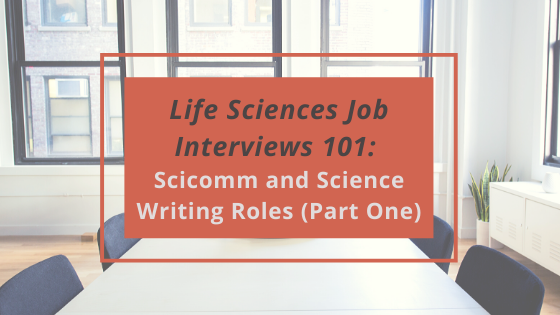Welcome back to our ultimate guide to interviewing for science writing jobs! If you haven’t already, make sure to check out part one, where we tackled phone interviews and writing tests. In this edition, expect to gain some insight into the face-to-face interview, assessment days, as well as some more answers to your questions!
3. The face-to-face interview
You may be invited for an ‘assessment day’ type interview once you pass all the other stages. This could involve:
- Completing another writing test
- Group work
And of course, the face-to-face interview.
If you have not already completed one at home before the interview day, the writing test will probably be fairly short and straightforward as nobody expects you to complete a masterpiece in such a short time (and whilst you’re already a bag of nerves). It may be an editorial test where you need to proofread a piece of writing, checking for spelling and grammar mistakes and making corrections to ensure adherence to the style guide (which you will be provided with). Or, it might be something like writing a short press release based upon an abstract from a research paper. Either way, don’t panic and expect to write something perfect, the employers just want to see how you write and if you’re able to work under pressure, more than anything else.

If you’re applying for a social media-related position, you may be asked to come up with some text for a Tweet or Facebook post, possibly summarising a recent research study in the field of business the company operates in. You may also be asked to recommend ideas for an image or video clip to go alongside it. If you know that working with social media is part of the job description, it can be helpful to check out the company’s social accounts beforehand, are they very formal and to the point, or do they like to have fun and use GIFs? It can help to get a head start for potential exercises like this, as well as giving you an insight into the company.
If you’ve already completed an at-home writing test and know that you will be doing another on the assessment day, it will most likely be on a topic relating to the one you’ve already completed. For example, at home, you may have to write a news piece summarising the latest findings from a clinical trial, and then on the assessment day, you may find yourself summarising the same paper (or something similar) for a different audience, e.g., creating PowerPoint slides for use by clinicians. You more than likely won’t have access to the internet whilst completing your on-site test, so don’t worry about any terms you don’t understand as the interviewers will not expect you to be an expert. The main thing is summarising the key points concisely and in an engaging way, with good spelling and grammar.
Questions from our followers
How to negotiate start date when still finishing a dissertation
This shouldn’t be a problem as most companies will be used to hiring recent graduates or those just about to finish degrees, and if you’re the right candidate for them they should be happy to wait for you. It’s probably worth sending an email to ask when their preferred start date would be and if they can allow flexibility for finishing dissertations etc., just to make sure you don’t waste your time with an application that isn’t going to go anywhere.
Top skills that all science communication roles require
You should be able to find these by going through the job description carefully, but some particular ones to bear in mind are:
Communication; not just in terms of writing or doing presentations (although experience in these areas is pretty non-negotiable), but also how well you work in a team, so make sure you have some scenarios on hand to talk about where you can demonstrate good teamwork skills.
Working under pressure; if you’ve gone through university, you’ve pretty much got this one covered.
An eye for detail; this is essential in writing and editing, but you can also demonstrate such skills by mentioning things like laboratory work which requires following a strict protocol, for example.
The weirdest question you’ve been asked?
Personally, I can’t think of any particularly weird questions, but I have definitely given my fair share of weird answers. Questions that might trip you up are things like ‘tell us something interesting about yourself that’s not on your CV’, or ‘tell us about a time you’ve taught something to someone else’
Wondering what the best-paid life science jobs are? Check out this new post from our friend at The Catalyst In Me for a breakdown of salaries in bioscience jobs!
Group exercises
As for group work, this will probably be something simple such as a thought exercise (‘the planet is in ruins, who should we send off in a spaceship to a new world?’) or perhaps working through a scientific paper and deciding which are the key takeaways to highlight for a summary publication. These exercises are less about getting things correct, but more to give interviewers a chance to observe you working with people, so make sure to speak up but don’t be overbearing.
Now for the face to face interview. If you’ve already been through the telephone screen and the writing test(s), you may find yourself either exhausted by this point or much more confident due to the number of dealings you’ve already had with the company (hopefully it’s the latter).
Most interviews will start out with you being asked to ‘tell us about yourself’, or give an overview of your experience and academic history; this is your chance to use an ‘elevator pitch’ in which you really sell yourself and you should make sure you practice it – but without over-rehearsing it so it sounds scripted. A good rule of thumb is to follow this formula:
- Who you are: “I am a recent graduate in biochemistry, with an interest in…”
- What makes you qualified for the role: “I have completed a master’s in science communication/I have x years of experience in…”
- What you want to do next/why are you here: “I am looking for a new challenge/I want to learn about XYZ…”
It can take some time to get all this to flow naturally and you might need to tweak the order but that’s why practice is essential. If you can get the interview off to a good start by selling yourself and your experiences well, everything else will seem easier.
You will most likely be asked what you know about the company, so it is crucial that you do your research and don’t get all the different companies you’ve applied to mixed up. You may also be asked what you know about the field in general, i.e., what do you know about medical education, so it’s good to have a wider understanding of the industry, which you might be able to glean from looking at other companies biographies as well. Similarly, you may be asked if you know who the company’s main competitors are, and you probably will since you’ll likely be applying to more than one job, but again, this is why researching not only the company but the industry in general, is important.
We hope this guide has been helpful in preparing for your science writing job interviews! Let us know if you have any other questions, or if our advice has come in useful in your applications! Best of luck!
Don’t forget to follow us on Twitter, Instagram, and Facebook!




